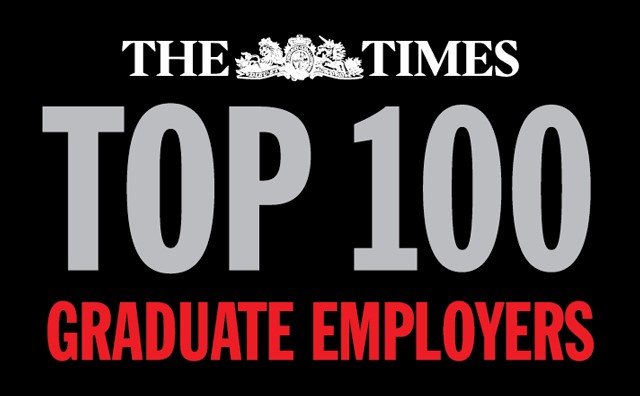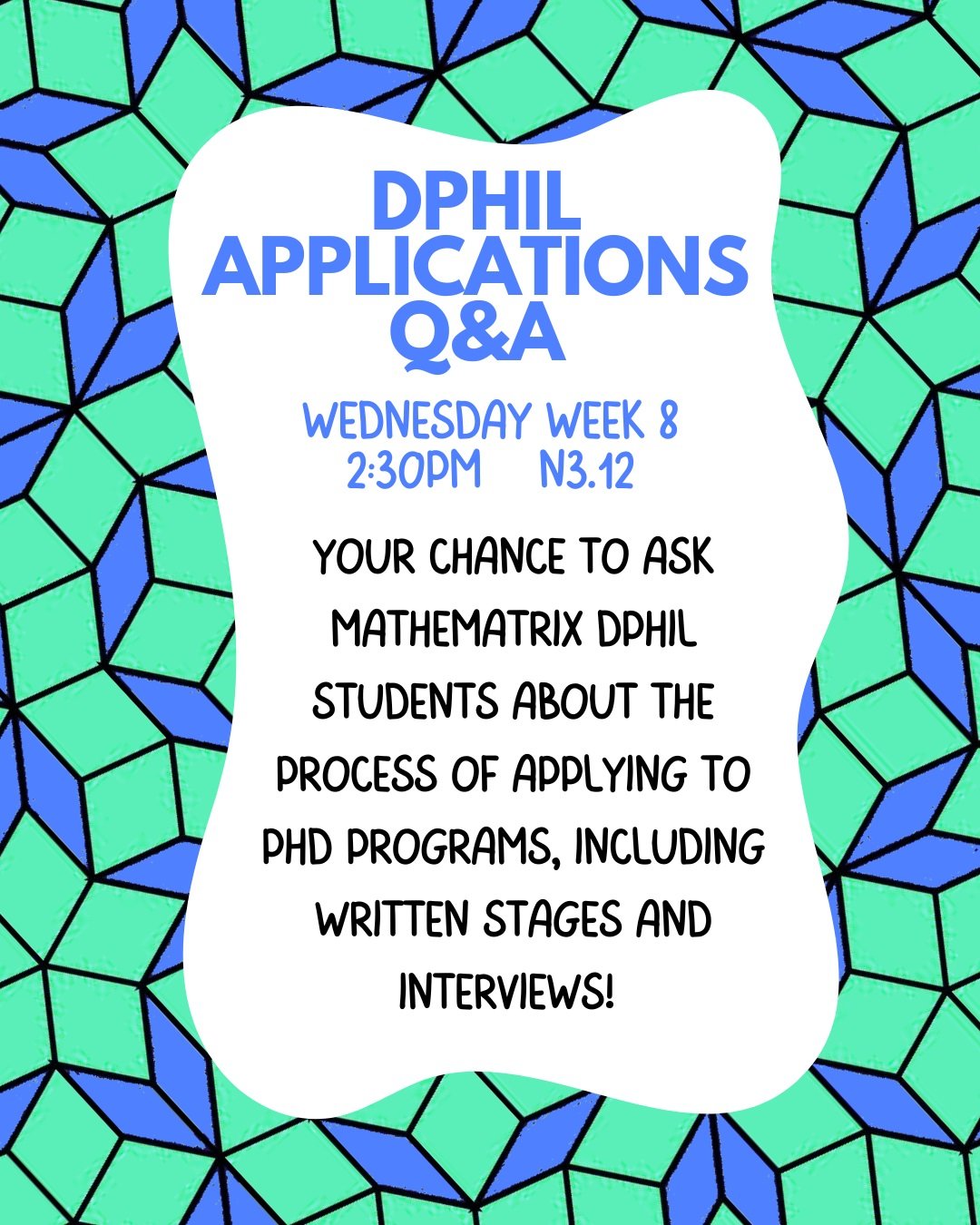Student Focus, in association with The Times newspaper, is the nationwide student research programme on graduate recruitment. They're looking for final year students from an undergraduate or intergrated Masters degree at the University of Oxford who are researching their career options and applying for graduate jobs to provide feedback on their experience. Feedback will be completed in the form of questionnaires.
Lie Ideal Enhancements of Counting Invariants
Grindstaff, G
Nelson, S
(22 Apr 2014)
3d Mirrors and Phase Diagrams of Abelian Gauge Theories
Grimminger, J
Hanany, A
Liu, D
(11 Mar 2025)
Special Kähler geometries of $\mathcal{N}=4$ superYang-Mills
Argyres, P
Bourget, A
Grimminger, J
Lotito, M
Weaver, M
(11 Oct 2025)

The Times have released their Top 100 Graduate Employers Guide 2025-2026. You can read the online guide here.
Bounding Selmer groups for the Rankin--Selberg convolution of Coleman families
Graham, A
Gulotta, D
Xu, Y
(20 May 2019)


